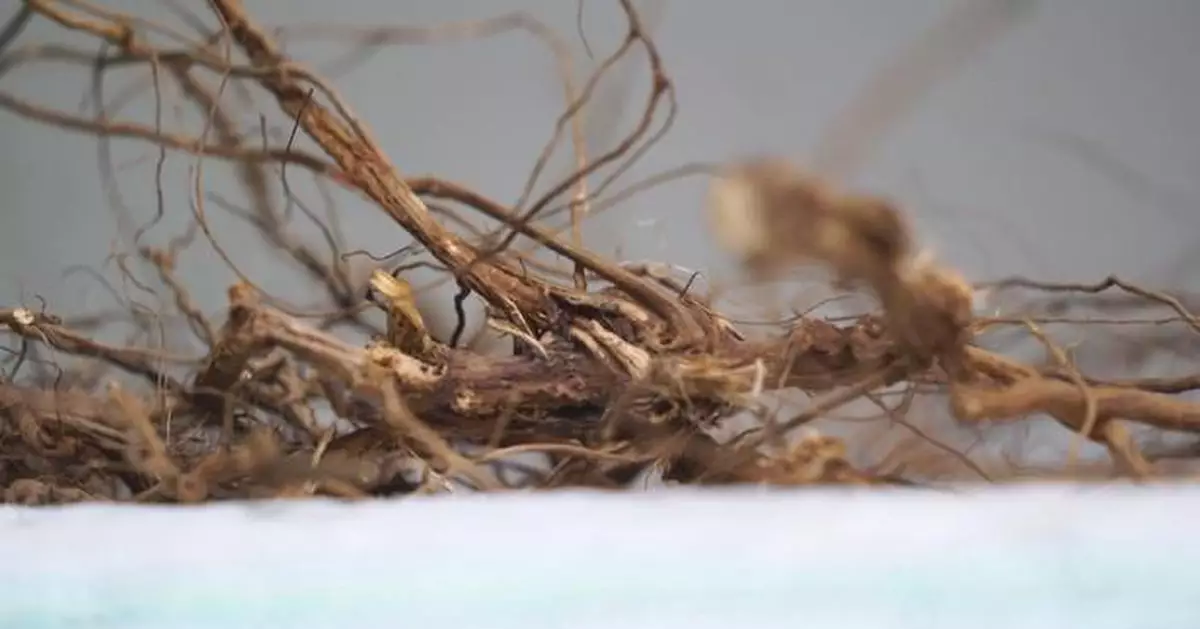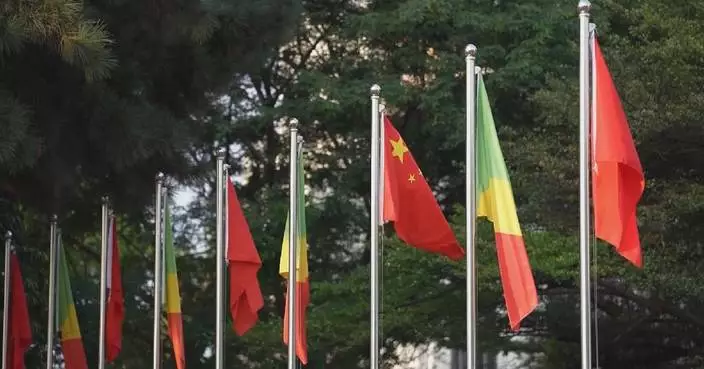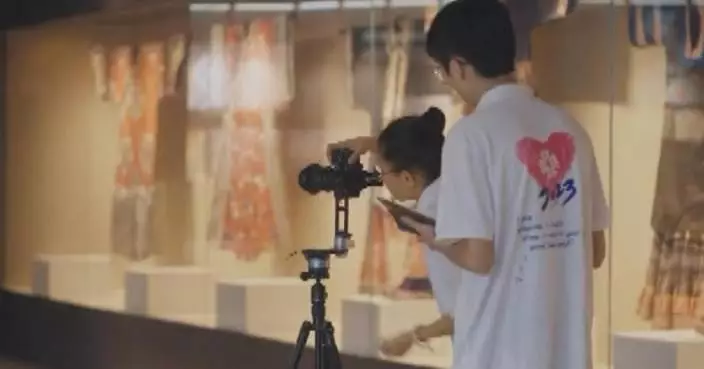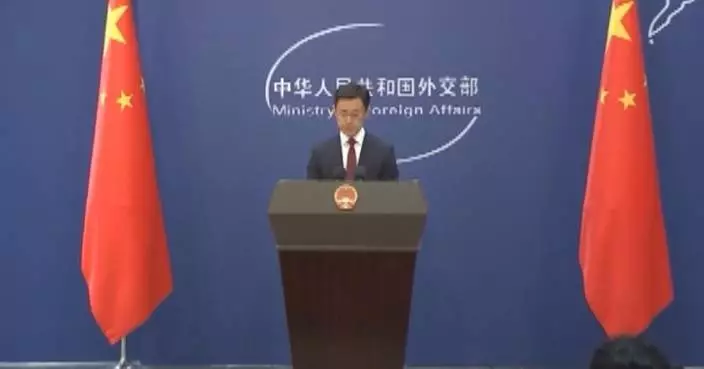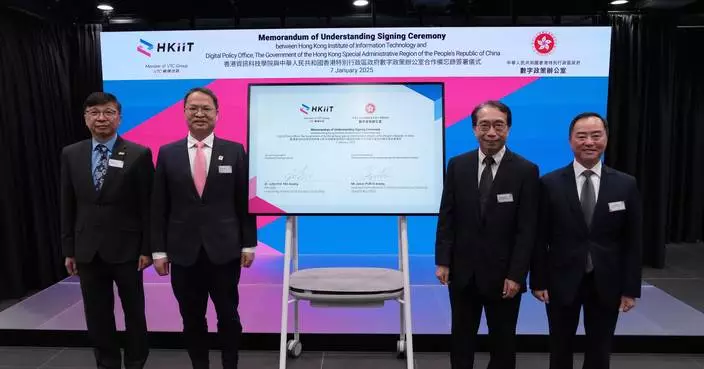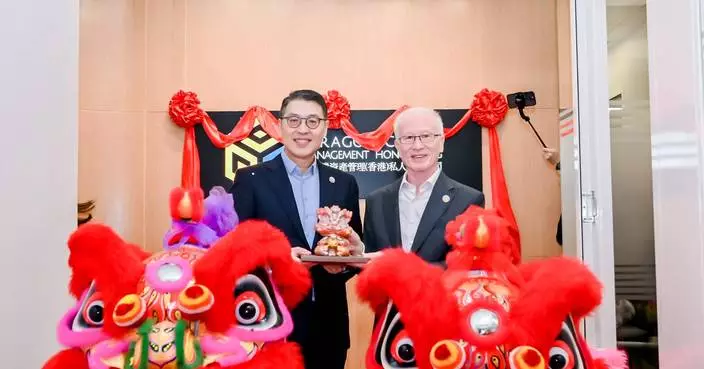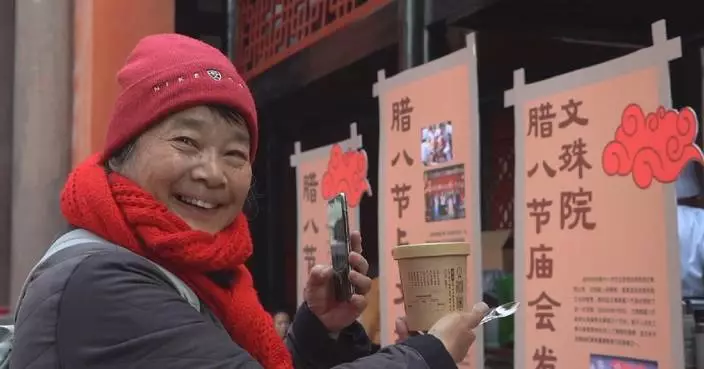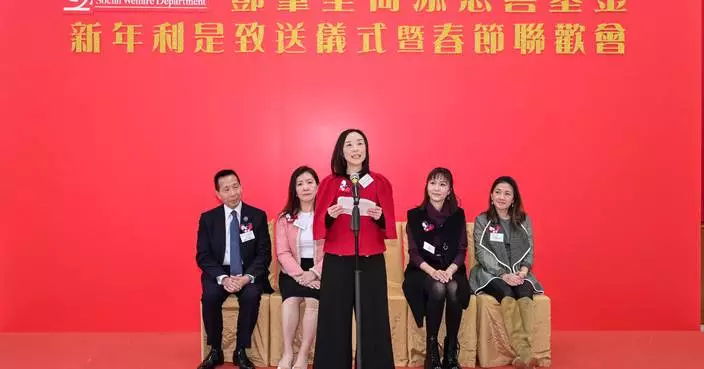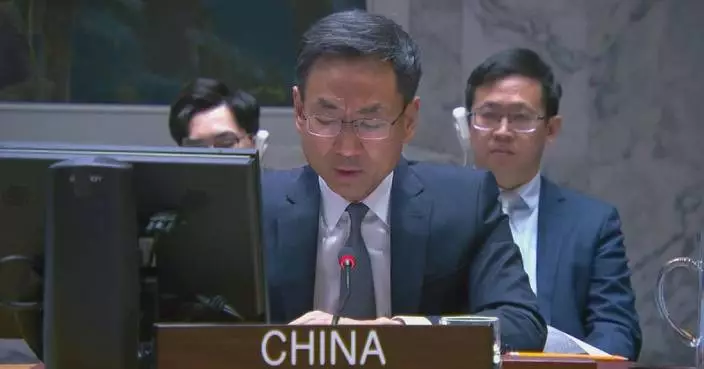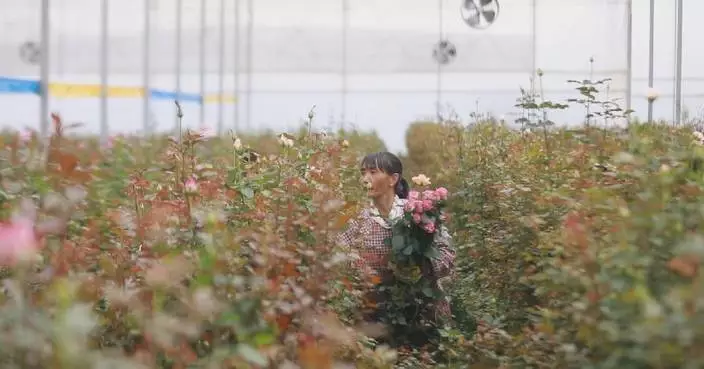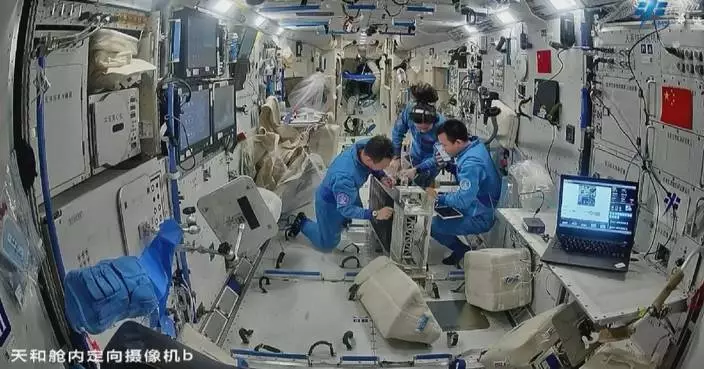Traditional African medicine, which combines indigenous herbal remedies with spiritual practices, is seeing a growing preference in many parts of Africa, even as it faces challenges such as regulation, malpractice and the presence of fraudsters.
This time-honored practice, deeply embedded in the continent's diverse cultures, involves a wide array of healing methods, including the use of medicinal herbs, plants, foods and rituals.
According to the World Health Organization, an estimated 80 percent of Africans rely on this extensive and varied system of healing.
Interestingly, a growing number of individuals who have used modern medicine are considering a shift, primarily due to high costs.
However, traditional medicine faces significant challenges. Issues such as regulation, standardization and the presence of "quacks"—unqualified individuals posing as legitimate practitioners—are major concerns.
Ruth Nyangacha, deputy director at the Center for Traditional Medicine and Drug Research (CTMDR) within the Kenya Medical Research Institute (KEMRI), the national body responsible for carrying out research in human health in Kenya, highlights the need for legal frameworks to ensure the proper regulation of traditional medicine.
"Without any hesitation at all, I would say that Kenya is very keen in having laws that regulate traditional and alternative medicine in Kenya. And because we know that when there's legislation, there's provision for having regulation and standardization of these traditional and alternative medicines. There's also provisions for criminalizing malpractice in the profession, and there is provisions also for conservation of medicinal plants that are used in this practice," she said.
She also points out that the infiltration of quacks undermines the credibility of traditional medicine.
"When we talk about quacks, what happens is that we are also thinking about what happens to these products, so you find that when there's malpractice, there's a possibility of intentional adulteration of these products with even conventional medicine," Nyangacha said.
"For example, we just finished a study whereby we were looking at herbal formulations indicated for diabetes and cancer in the country and we collected samples from Nairobi and Eldoret. And we were able to see that some of these samples had metformin, which is a conventional drug for diabetes. So it looks like the patient is getting better, but in a real sense, maybe this medicinal product is laced with some of these drugs, sometimes it's just laced with a pain killer," she explained.
Organizations such as the Trust for Indigenous Culture and Health (TICAH) are working to address these issues by educating the public and promoting the authentic benefits of traditional medicine amidst a flood of misinformation.
KEMRI reports a growing body of scientific research supporting the therapeutic potential of medicinal plants. To fully unlock the benefits of traditional medicine in Kenya, experts advocate for comprehensive legislation, regulation, research and collaboration in all matters pertaining to traditional medicine.
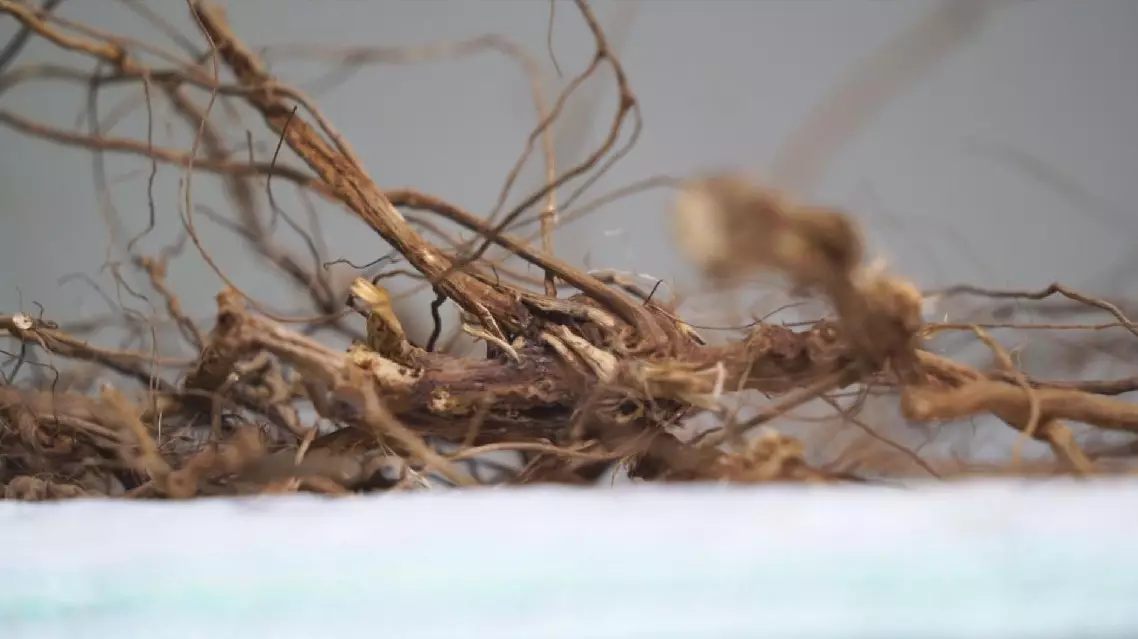
Traditional African medicine grows in popularity across continent amid challenges


